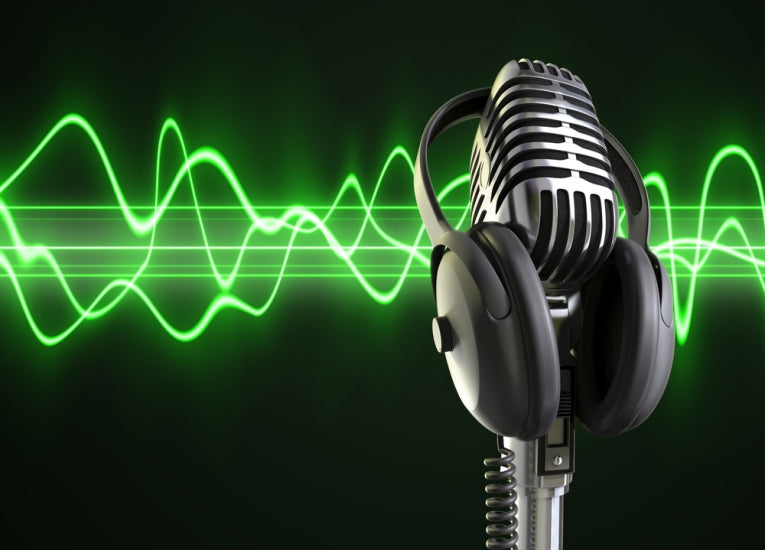In January 2012 Irina Bokova, Director-General of UNESCO sent a letter to the UN Secretary General Ban Ki-moon informing him that the 36th session of UNESCO had proclaimed that 13th February would be World Radio Day. The UN General Assembly subsequently endorsed this at its 67thsession in September 2012.
The first World Radio Day (WRD13) will be on Wednesday 13thFebruary 2013, a date chosen to coincide with the day the UN established United Nations Radio in 1946.
The day has several important aims:
to celebrates Radio as a medium;
to improve international co-operation between broadcasters;to encourage major networks and community radio alike to promote access of information and freedom of expression over the airwaves.
The contributions that have been made by prominent scientists who laid the technological foundations for the long-distance transmission of sound messages by radio waves will also be recognised.
The day also aims to raise awareness among the general public and the media of the importance of radio and to encourage decision makers to provide access to information through radio, including community radio.
The International Committee for World Radio Day is inviting all public, private, online and community Radio organisations as well as Radio professionals and listeners worldwide to participate in a global campaign and to join forces to tell the world that radio is still the greatest media.
All international Radio organisations are invited to encourage their listeners to participate by publishing the promotion banners on their websites or by sharing the link on their Facebook or Twitter pages. It is felt by the Committee that this will provide radio stations with a perfect opportunity to strengthen their relationships with their listeners.
In her message for WRD13, Irina Bokova points out that it is a day to celebrate the medium that has transformed the way that people communicate. Although it has been part of our lives for a great many years, radio is still at the forefront of communication in the 21st century.
Since radio ushered in the era of modern communication in the 19thcentury, the world has changed beyond all recognition, but radio continues to be widely accessible, is relatively cheap and very easy to use.
It can carry any message to any place at any time, even without electricity and in situations of conflict or natural disaster it can provide a lifeline of communication that saves lives.
Across the world, as the cost of broadcasting continues to fall, the number of radios is increasing. This has led to a growth in the number of citizen journalists and community radio where voices are being given to people who previously were never heard. Radio remains a force for social change, sharing knowledge and providing a platform for social debate.
Irina Bokova went on to say that UNESCO is committed in this changing world to harness the full power of radio to build bridges of understanding between peoples. This must be a world where information is shared as widely as possible with a deepening of respect for human rights, fundamental freedoms and freedoms of expression.
UNESCO works hard to protect the safety of radio journalists across the world and to support free, independent and pluralistic media.
Community radio is seen by UNESCO as a means of addressing poverty and social exclusion at a local level and particularly as a means of empowering marginalized rural groups, young people and women. Radio is a key platform for education and the protection of local cultures and languages.
Radio is a powerful way for young people around the world to make known the issues that affect their lives, so it is important to bolster their skills of and to give them opportunities to engage fully with radio.
Irina Bokova concluded her statement by pointing out that although radio transformed our past, it remains a powerful force for shaping a more peaceful, more sustainable and more inclusive future.
Radio has the power to reach remote communities and vulnerable people: the illiterate, the disabled, women, young people and the poor. It can offer a platform to intervene in the public debate, irrespective of people's educational level.
Sadly it is said that up to a billion people worldwide still do not have access to radio.
This must be yet another challenge for the first World Radio Day on Wednesday 13th February.










